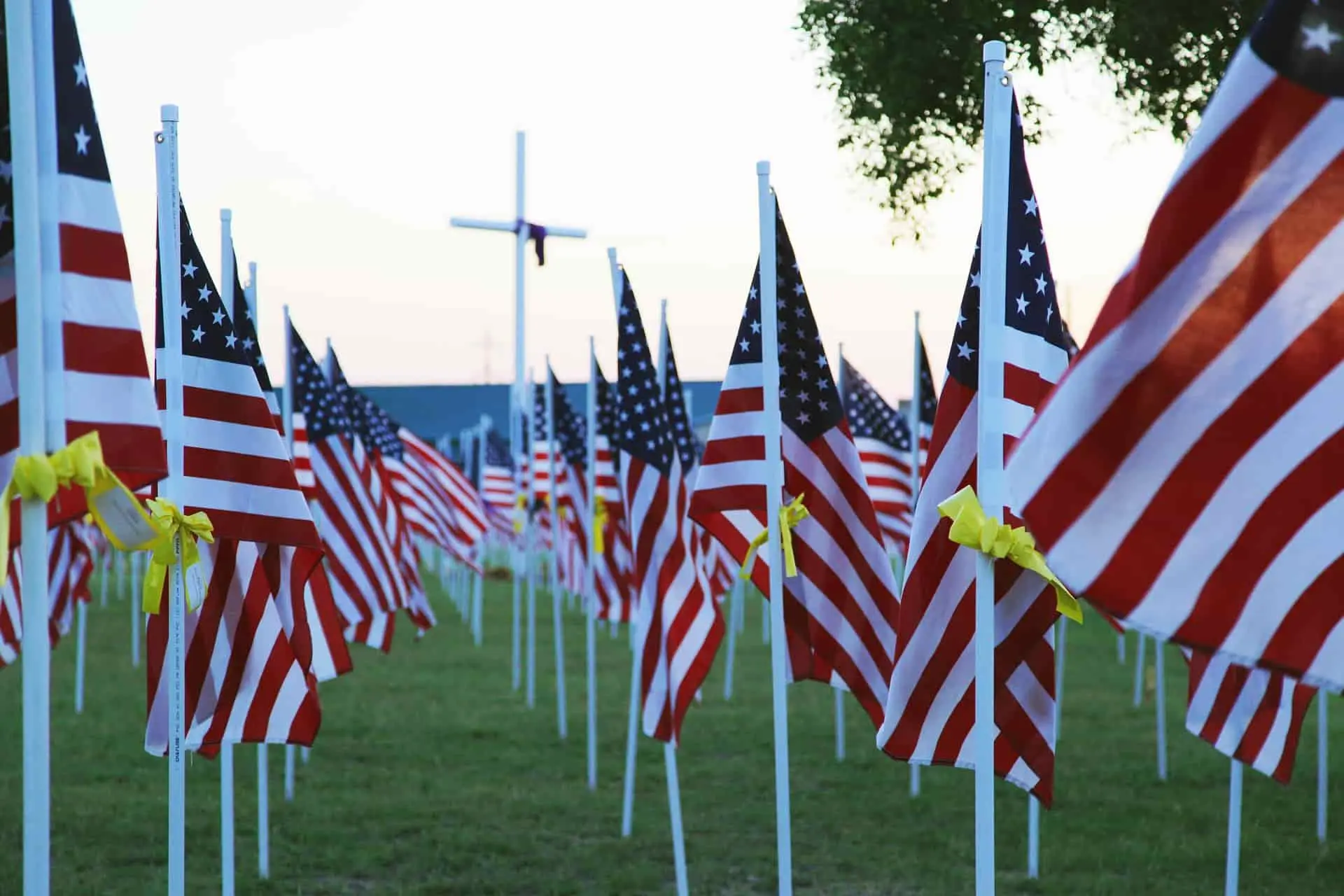Federal Court Assesses Ship Owners’ Liability in Florida Wrongful Death Case

One of the important functions of a civil lawsuit is obtaining damages from the at-fault party or parties in an attempt to be made whole. Another is to hold accountable the person, people, or entity responsible. When multiple parties create a negligent environment, civil actions can become complicated. Each personal injury case poses its own unique challenges, depending on the circumstances of the accident. An unpublished federal opinion, Seaboard Spirit Ltd. v. Antwon Hyman (No. 15-12953), looks at whether or not a District Court erred by allowing the estate of a longshoreman the ability to sue the ship owners after he was killed while aboard a cargo ship, helping to unload a vessel.
The estate filed a negligence action against the owners of the ship he was aboard, even though they had filed to be exonerated from the lawsuit. The shipowners had loaded a shipping container in the Bahamas, using a third-party stevedore, or loader. The crew aboard the ship secured the container, but one of the chains securing it was too tight. When the ship arrived, the deceased man’s employer, a stevedoring company, began to unload the ship. The deceased worker was in charge of safety, so he walked up next to the trailer between the wall of the ship and the trailer, removed the wheel chocks, and verbally gave the OK to the mule driver to drive. Since the trailer was still lashed down, it shifted to the side and pinned the longshoreman against the wall, crushing him to death.
The ship owners filed under the Limitation of Liability Act to be exonerated from liability, claiming that they were not responsible for the worker’s death. The estate protested, arguing that the ship owners were liable under the Longshore and Harbor Workers Compensation Act (LHWCA). The estate alleged that the ship was responsible because the crew helped secure the cargo in the Bahamas, acting as an on-loading stevedore. The District Court agreed with the ship owners that their actions in on-loading and securing did not proximately cause the accident that resulted in the longshoreman’s death. Instead, the court found that the longshoreman was responsible for his own death by choosing to place himself between the wall and the trailer. Even with these findings, the court found that the estate may file a separate lawsuit against the shipowners.
The appellate court found that the district court was correct that the estate could sue under § 905(b) of the LHWCA, but not under § 933. § 933 was enacted to limit the liability to the employer-stevedore, but § 905 still imposes some duties on the vessel owner. The vessel owner is responsible for the condition of the ship prior to loading and unloading, for ensuring reasonable care is used to prevent injuries to longshoremen in areas of the ship that are under the control of the ship, and for intervening if anything of concern happens in the cargo operations. The circuit court declined to make any findings regarding whether or not the longshoreman was the proximate cause of his own injuries, but it reversed the lower court’s ruling, clarifying which statute can be used to hold the ship owners liable.
The Florida wrongful death attorneys at Donaldson & Weston will aggressively pursue all avenues of legal relief in your claim. Contact our office today at 772-266-5555 or 561-299-3999 for a free, confidential consultation.
More Blog Posts:
Florida District Appellate Court Reviews Future Medical Expenses in Multi-Car Accident Case, Florida Injury Lawyer Blog, November 28, 2016
Federal Circuit Court of Appeal Declines to Find Equitable Tolling in Slip and Fall Case, Florida Injury Lawyer Blog, October 21, 2016
